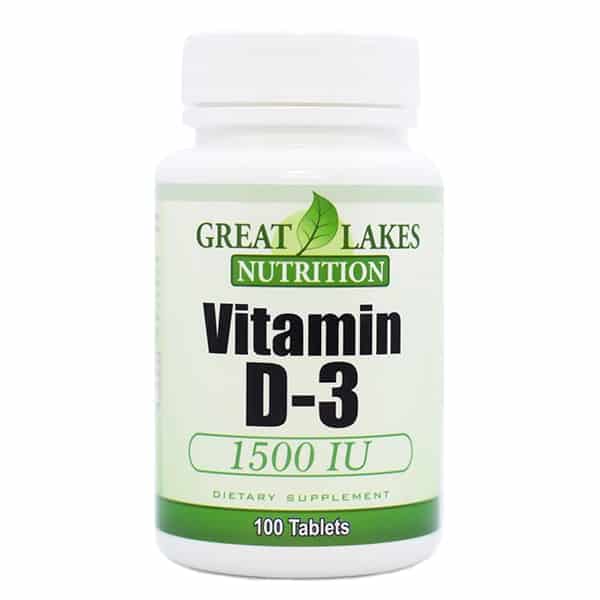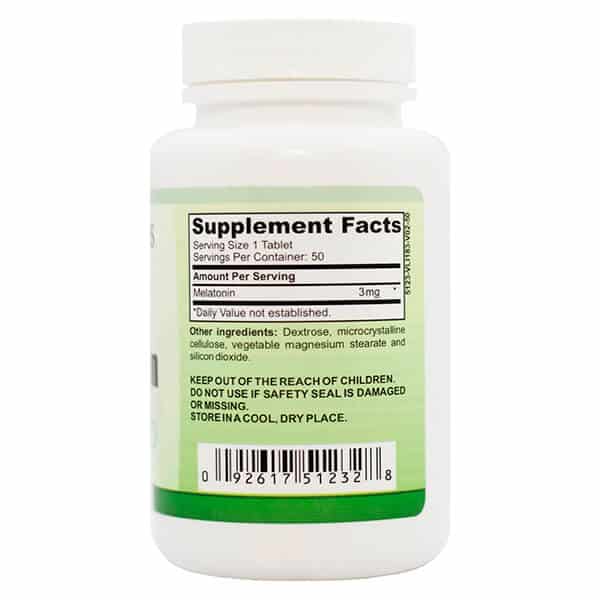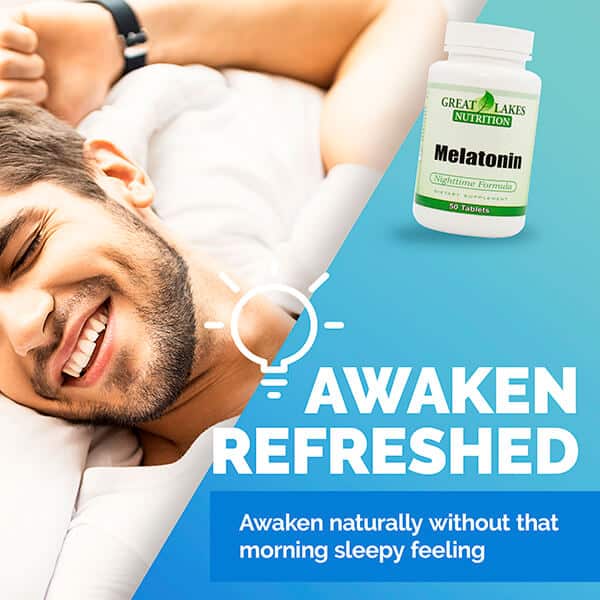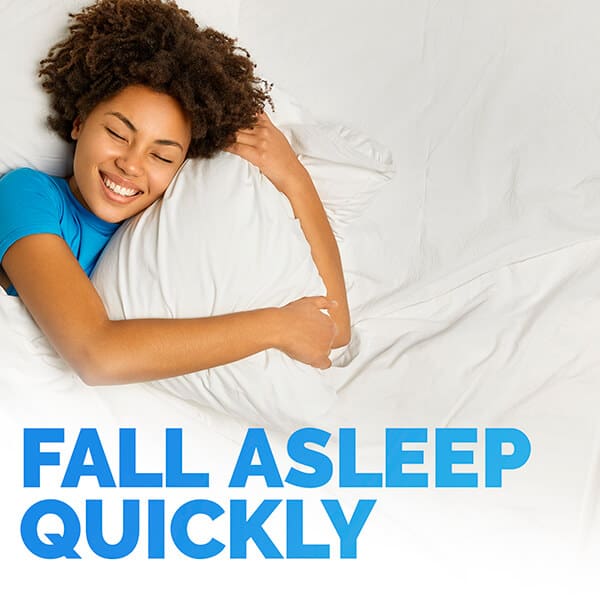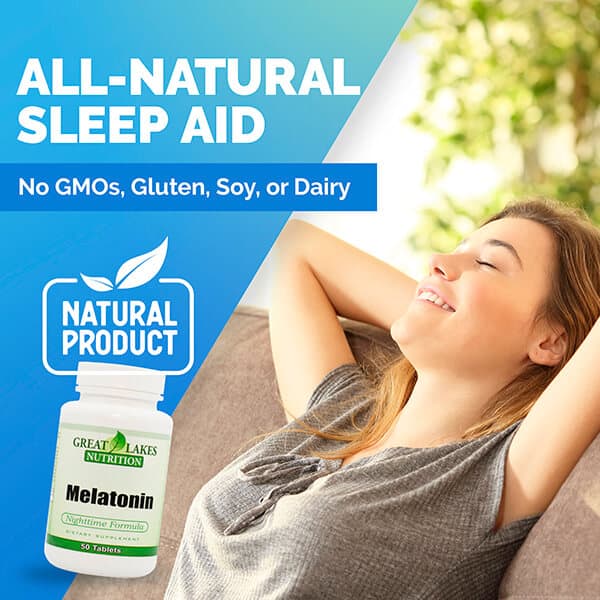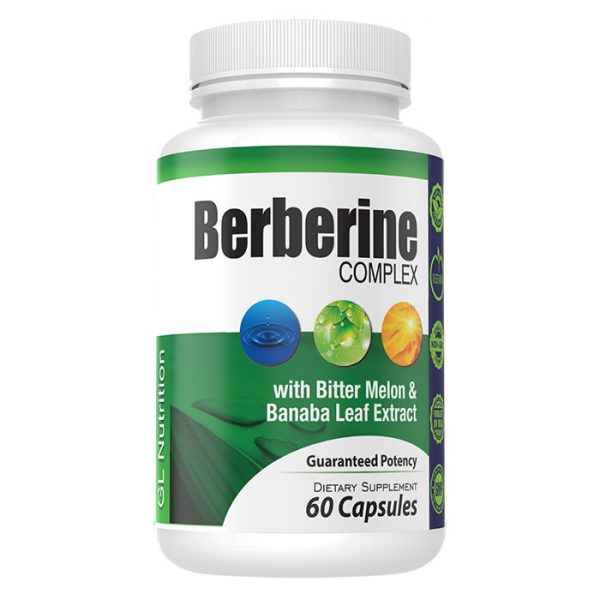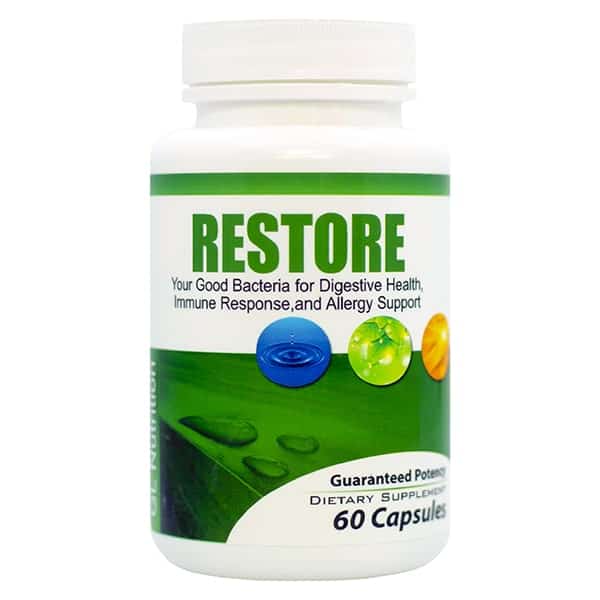Description
Melatonin is a hormone manufactured and released into the bloodstream by pineal gland nestled deep within the human brain. Melatonin is intimately involved in synchronizing the body’s hormone secretions, setting the brain’s internal clock and generating circadian rhythms (daily biorhythms). These patterns govern the release of hormones that regulate such body functions as reproduction and digestion. Significantly, melatonin also works around the clock to signal the body, which is sensitive to light cues, when to sleep and when to awaken. Typically, the pineal gland begins excreting melatonin around dusk, rapidly increases its output between 2 A.M. and 4 A.M., and then decreases its output again as daylight appears.
Taking Melatonin Helps:
- Falling asleep faster
- Sleeping better
- Reduces the symptoms from jet lag
- It is a natural hormone
- Melatonin is NOT addictive
- It is an antioxidant
- Because of its antioxidant properties it is said to prevent or delay heart disease
- Its also said to prevent or delay or fight certain cancers
- Other preliminary findings suggest a possible role in lessening the nerve damage associated with Parkinson’s and Alzheimer’s diseases
This is why melatonin is so popular. It aids in sleep, it is NOT addictive and it benefits in so many other areas.
Caution
If you take any prescription medication, check with your doctor before starting on melatonin or any other supplement, as potentially hazardous interactions could result.
- Because it can cause drowsiness, avoid driving or handling heavy machinery for several hours after taking it.
- Don’t take melatonin if you’re pregnant or nursing.
- Women trying to conceive should not take it; at high doses, it appears to work as a contraceptive.
- Children and teenagers produce copious amounts of melatonin and should not take melatonin supplements.
- Don’t take melatonin if you suffer from kidney disease, epilepsy, diabetes, depression, any autoimmune disease, severe allergies, heart disease, leukemia or multiple sclerosis.


